Little fly,
Thy summer’s play
My thoughtless hand
Has brushed away.
Am not I
A fly like thee?
Or art not thou
A man like me?
For I dance
And drink and sing,
Till some blind hand
Shall brush my wing.
If thought is life
And strength and breath,
And the want
Of thought is death,
Then am I
A happy fly,
If I live,
Or if I die.

With respect to global warming, his attempt to ignore the fly stands in for his ignoring nature generally. But anyway, who cares about this fly? Well, Blake did.
“How do you know but every bird that cuts the airy way, is an immense world of delight, closed by your senses five?”
I assert, for myself, that I do not behold the outward creation, and that to me it is hindrance and not action. “What!” it will be questioned, “when the sun rises, do you not see a round disc of fire somewhat like a guinea?” Oh! no, no! I see an innumerable company of the heavenly host crying “Holy, holy, holy is the Lord God Almighty!” I question not my corporeal eye any more than I would question a window concerning a sight. I look through it, and not with it.
Blake, A Vision of the Last Judgment, c. 1810.
But this expanded perception is not a matter of Blake adding an overlay to what is given by the senses. Blake did not think his vision of the heavenly host was a mere hallucination, relevant only to himself. He saw through the senses, but what he saw on the other side was real.
In ‘The Fly’, Blake imagines someone thoughtlessly brushing away a fly, killing it in the process. The fly has long been a symbol in art of impermanence and mortality. Its invocation is intended to encourage humility. Blake goes way beyond this, asking whether his fly is not “a man like me”, but it seems a rhetorical question, and he wants us to accept precisely that the fly is comparable to a man, and the man to a fly. The similarity, verging on identity in the essentials, is because the fly too is a centre of experience. The fly is at the centre of its own “immense world of delight”.
I was thinking of this as I heard a management consultant talk this morning about what could be done to mitigate and combat climate destruction. Many of the ideas were radical. But ultimately they moved in a circle, combatting the abuses of world politics with corrective measures dealt from the same hand. This not to say that such steps are not vitally necessary. These are the the steps Mike Pence should be taking, but will not. What is “closed to the senses five” is the inner life of things. And without seeing that nature is alive we simply cannot defend it fully, but will continue to see it only as food for Mammon. Blake offers a view of nature that is not only alive, but alive specifically in the sense that it experiences.

At a meeting last night, Merlin Sheldrake discussed his research into the working of underground fungal networks (mycelium) in tropical forests. He argued that we need to abandon the ‘bipedal narcissism’ which imagines that only humans have reason, and expand our concept of intelligence to include other life.
But these days this ‘intelligence’ has become a watered down concept, whereby anything that responds to its environment can be defined as possessing intelligence on these functional grounds alone. The term has become a modesty concept that allows scientists to recognise mind without acknowledging it.
What materialist thought will not (yet) accept is that there is an inner life corresponding to this intelligence, and that nature, if it does not exactly reason, certainly wills and experiences. There is something that it is like to be a fly. And I dare say, there is something that it is like to be a mycelium.
Without such an awareness we cannot save ourselves, because we cannot save our relationship to nature. Only this sense of a desiring, experiencing, nature can let us treat the world with the respect it deserves as a home of beings that are our peers.
‘The Fly’ from Songs of Innocense and Experience
‘The Fly’, from The Brilliant New Hercules: A Blake Reader



































